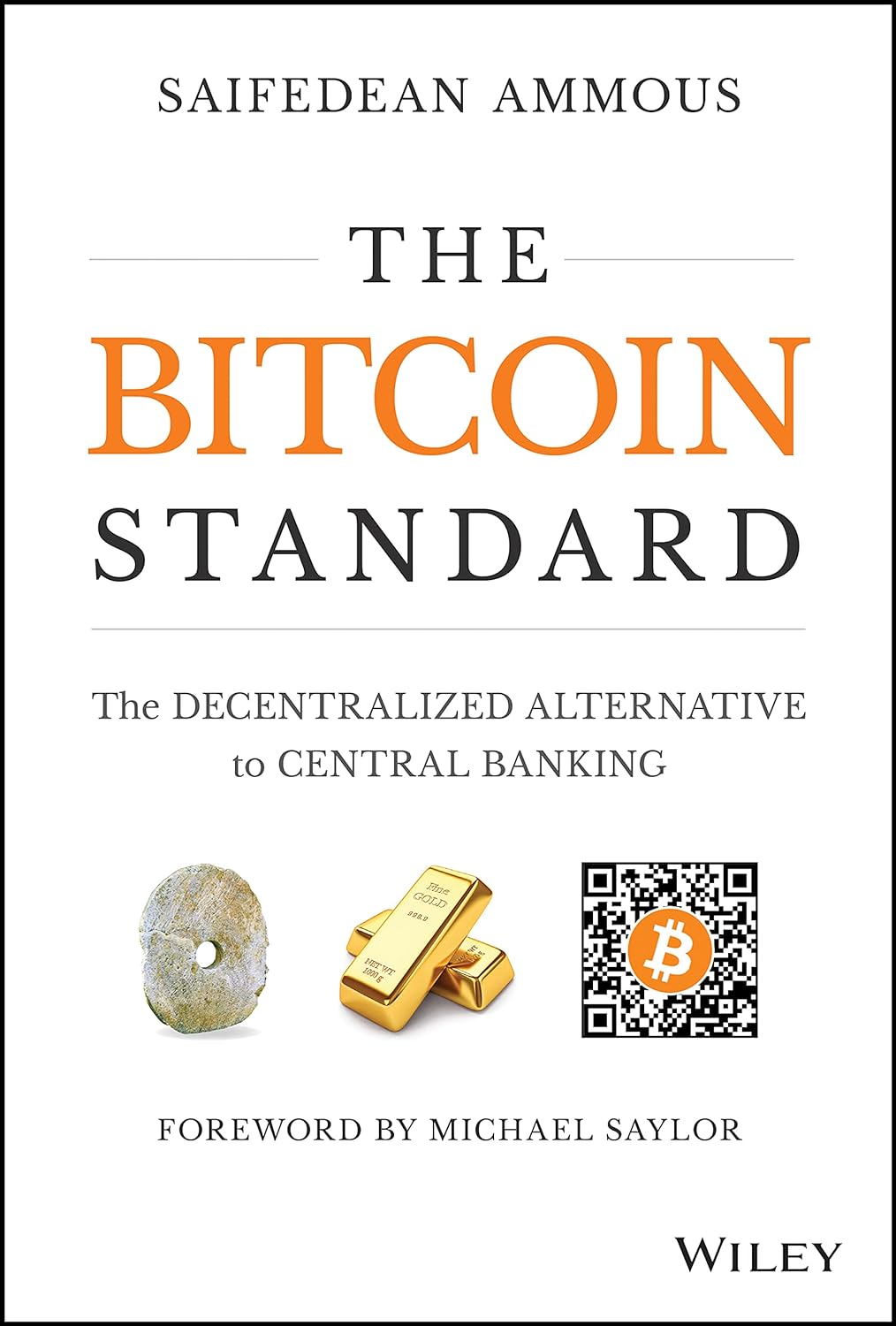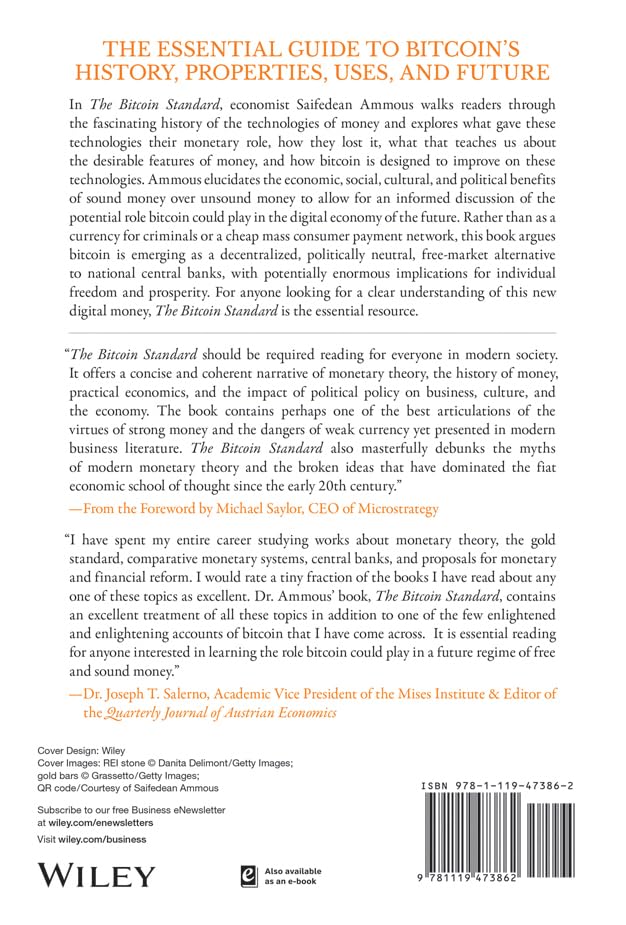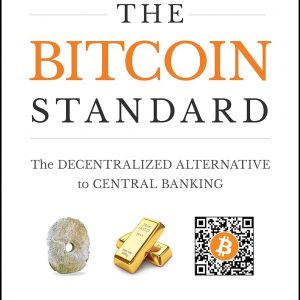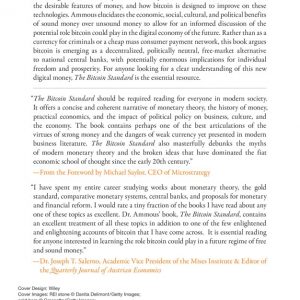The Bitcoin Standard: Understanding the Rise of Digital Money
When a pseudonymous programmer introduced Bitcoin as “a new electronic cash system that’s fully peer-to-peer, with no trusted third party” in 2008, few noticed. Fast forward a decade, and Bitcoin has defied all odds, emerging as a decentralized, unstoppable, and globally accessible alternative to traditional central banking systems. The Bitcoin Standard by Saifedean Ammous explores the historical, economic, political, and social implications of this revolutionary innovation, analyzing its rapid growth and potential to reshape the global financial system.
A Historical Context for Bitcoin
Bitcoin’s purpose—to solve the age-old problem of transferring value across time and space—is deeply rooted in the history of money. Ammous takes readers on a fascinating journey through the evolution of monetary systems, from primitive trade using stones and seashells to the gold standard and modern fiat currencies. By examining what made certain forms of money successful and why others failed, the book provides a clear understanding of the principles of sound money. Ammous compellingly argues that societies with stable monetary systems have fostered human achievement, while monetary collapse has often led to societal decline.
The Mechanics of Bitcoin
With this historical foundation, the book delves into how Bitcoin works. As decentralized software, Bitcoin transforms electricity and computational power into tamper-proof, accurate records. This innovation allows individuals to perform traditional monetary functions via the Internet without relying on centralized authorities. Bitcoin’s key strengths—automated and transparent monetary policy, rapid global settlement of large sums, and its role as a store of value—position it as digital gold with built-in infrastructure for global payments.
Bitcoin’s Wider Implications
Ammous explores how Bitcoin challenges the monopoly governments have historically held over money. By enabling voluntary, free-market money, Bitcoin shifts sovereignty from governments to individuals, offering a vision of a borderless, apolitical financial system. The book also examines Bitcoin’s ramifications for societal values, trade, culture, and art, showing how sound money fosters long-term thinking and innovation.
Addressing Common Questions
In its final chapter, The Bitcoin Standard tackles pressing questions:
- Is Bitcoin mining wasteful?
- Is Bitcoin primarily used by criminals?
- Who controls Bitcoin, and can it be changed or stopped?
- How does Bitcoin compare to its countless imitators and “blockchain technology” hype?
Why Read The Bitcoin Standard?
This book is an essential resource for anyone seeking to understand Bitcoin’s role as the Internet’s decentralized, apolitical alternative to national currencies. Combining historical insights, economic theory, and a deep understanding of technological innovation, Ammous offers a compelling case for why Bitcoin is not just a digital currency but a paradigm shift in how we think about money and sovereignty.














Reviews
There are no reviews yet.